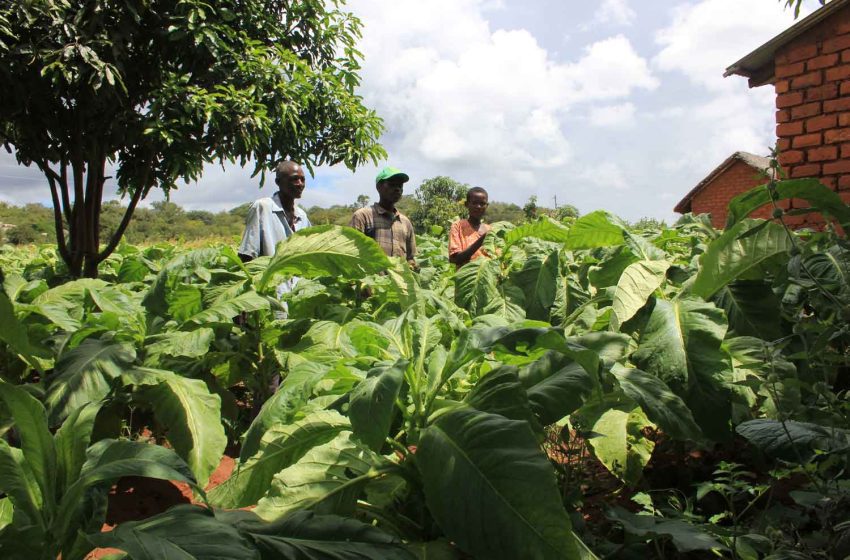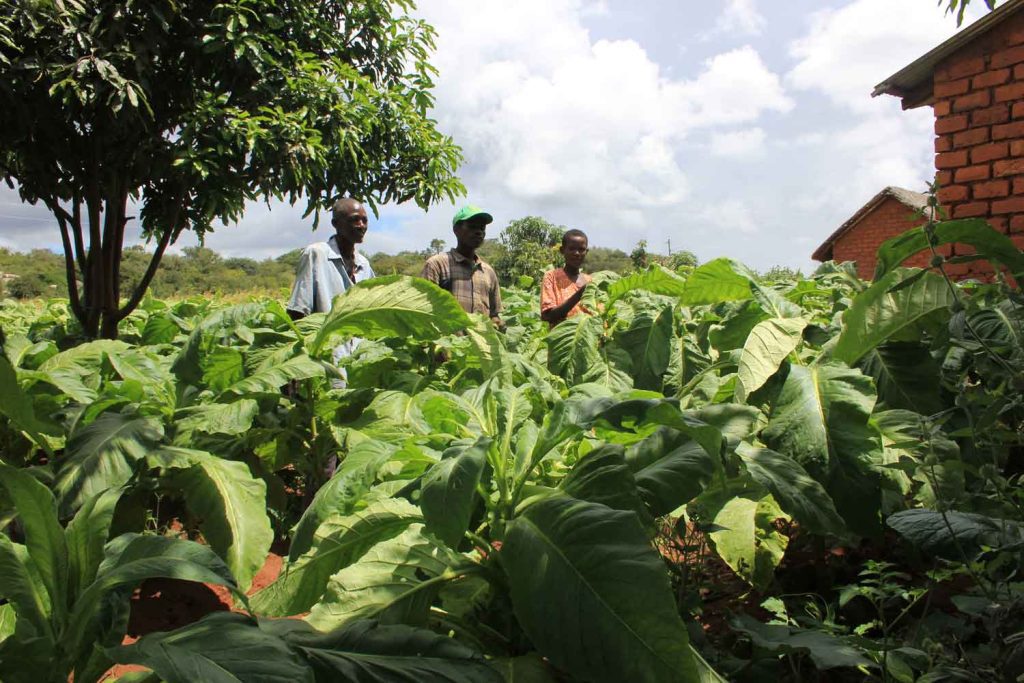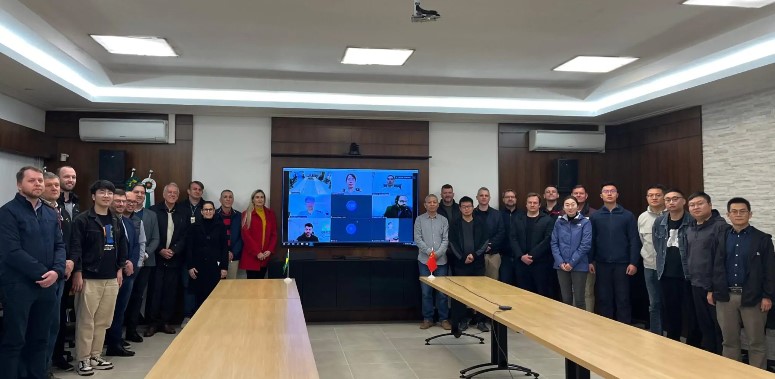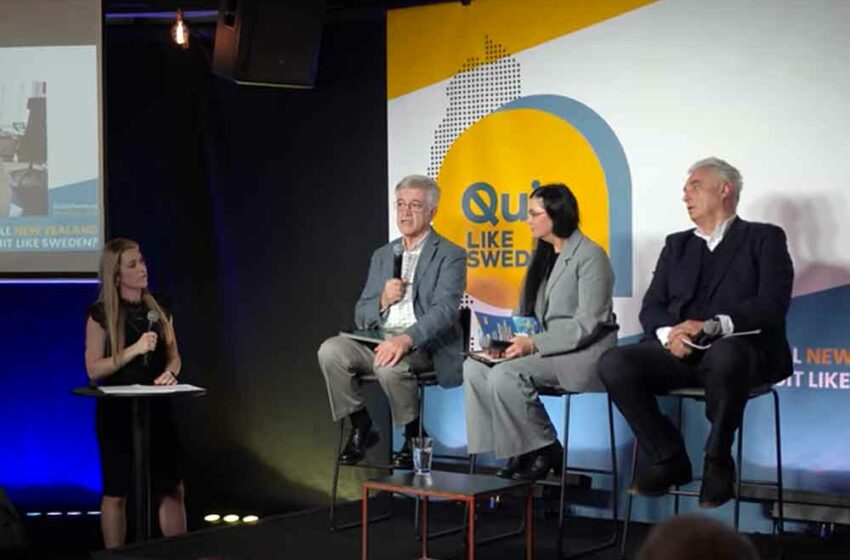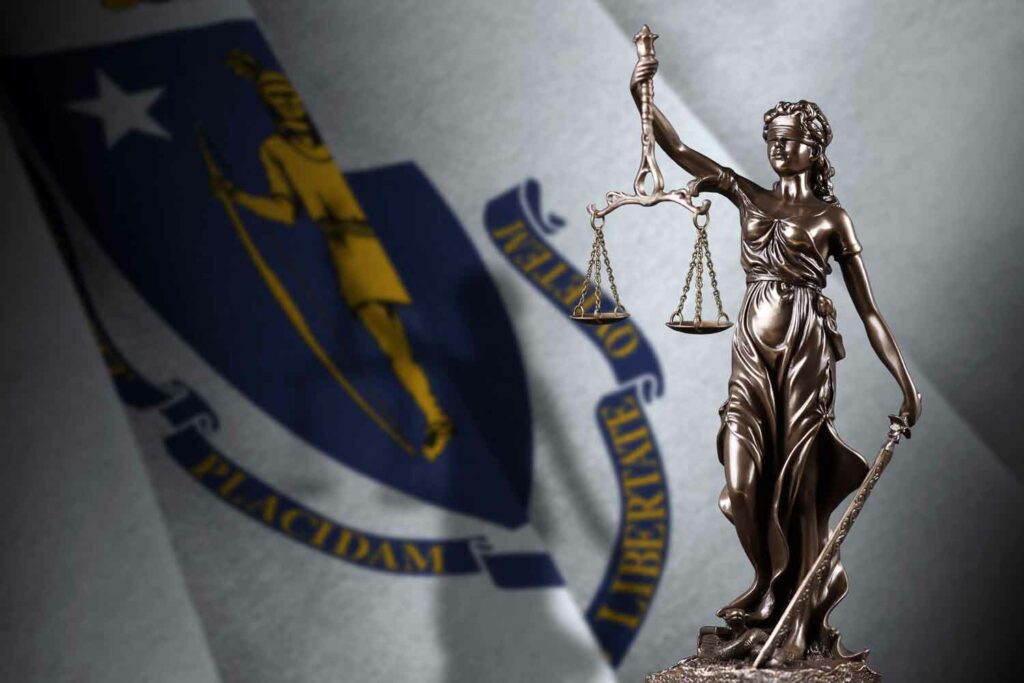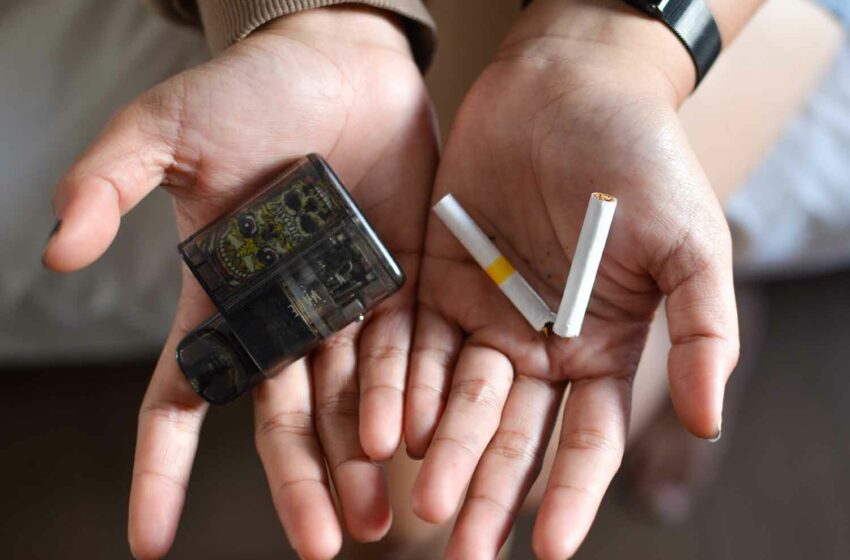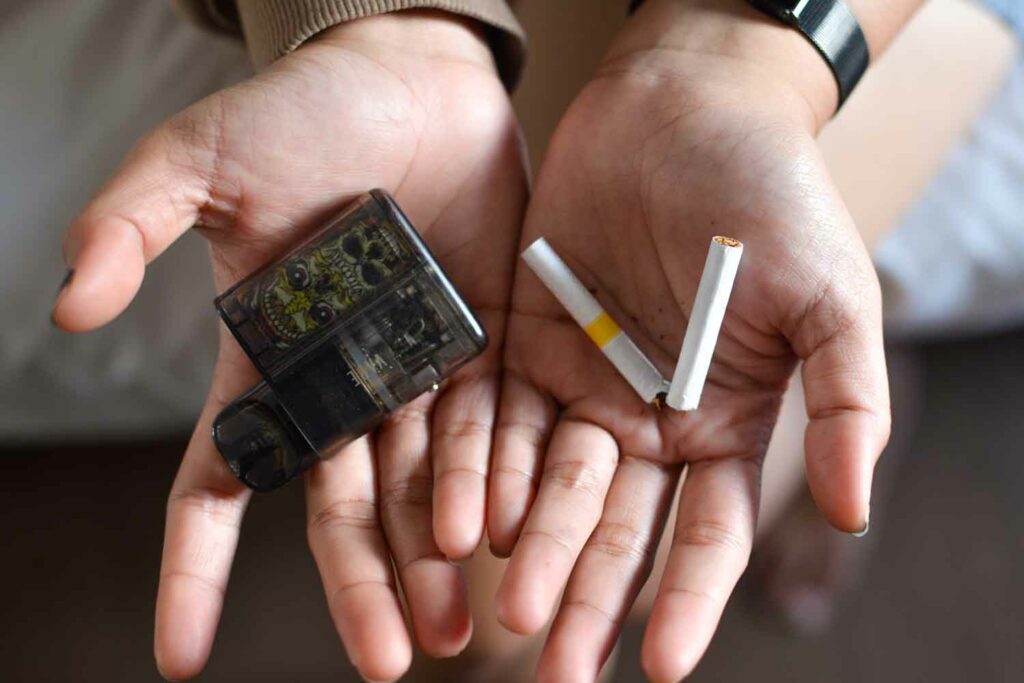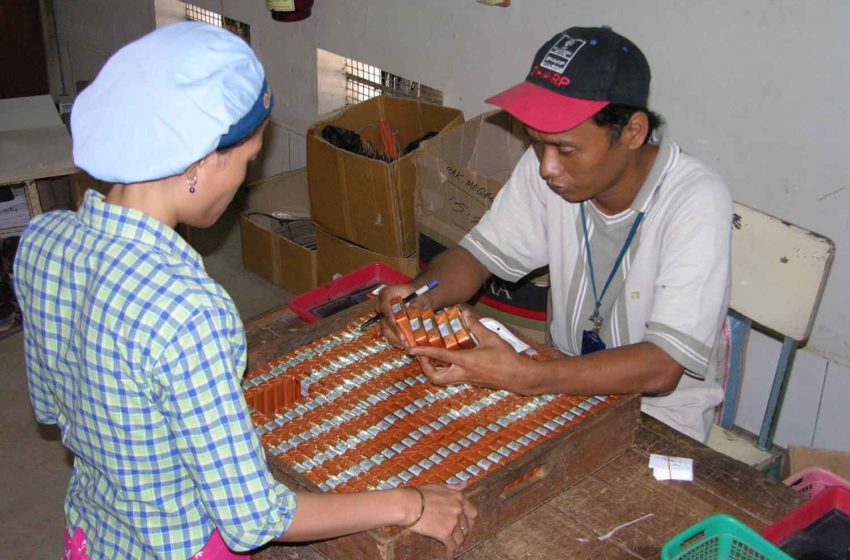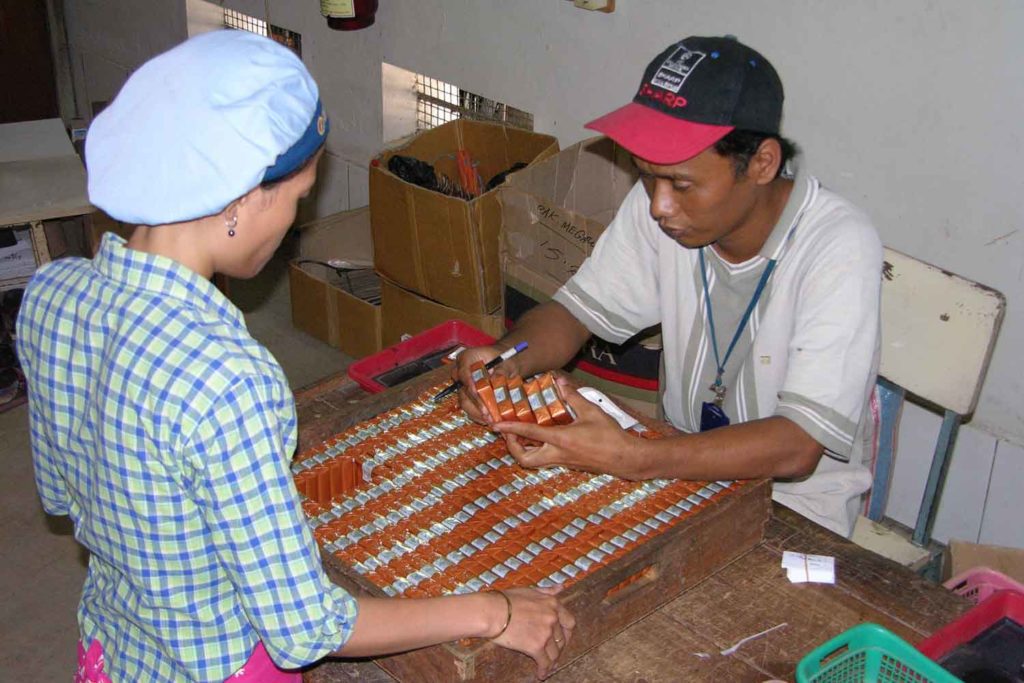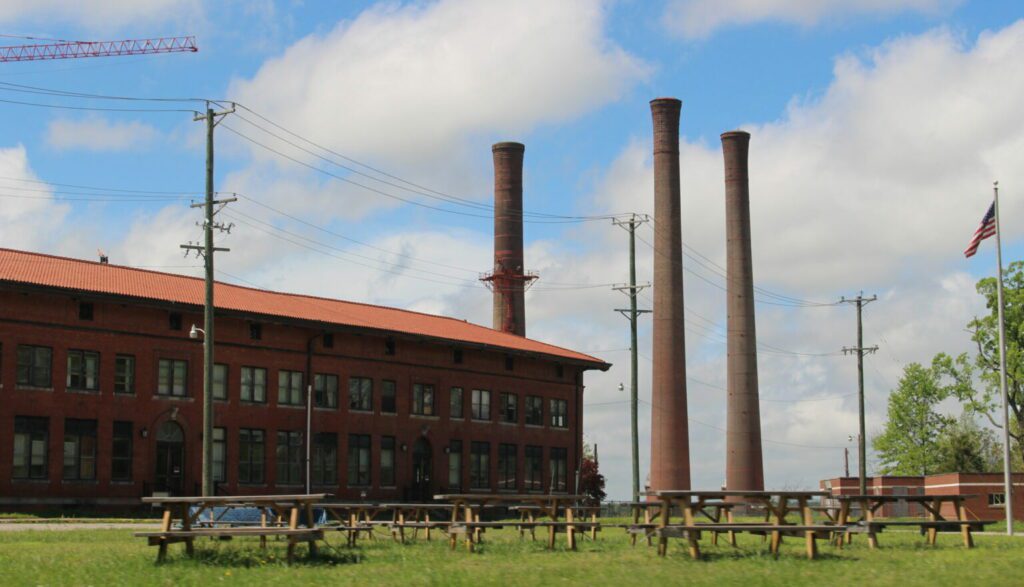
Virginia’s Tobacco Region Revitalization Commission has $12 million to spend on energy projects as part of a legislative mandate to revitalize the economies of two regions that are no longer receiving economic benefits from the tobacco industry, reports Virginia Mercury.
The Energy Ingenuity Committee, at the commission’s last meeting, discussed applications it received for two rounds of the funds that opened this year. A third round of funds is expected to open following the commission’s next meeting scheduled for September.
“We rolled it out earlier this year,” said Jerry Silva, director of regional energy development and innovation for the commission. “We really did not know what the application level would be.”
The Tobacco Region Revitalization Commission was formed in 1999 with 28 legislative and citizen members representing Southside and Southwest Virginia. The commission allocates funds from the 1998 Master Settlement Agreement, which was the beginning of the demise of the tobacco industry’s footprint in the two regions.
The Energy Ingenuity Fund was recently created by the commission to help increase economic activity surrounding energy development projects. The fund allocated $6 million to each of the two regions and solicited energy development projects.
To apply for the grants, applicants must be a government entity or nonprofit, have one-for-one matching funds and identify the number of jobs that could be created by the project. Private companies can apply for the grants as long as they partner with a locality to create economic incentives.
There is a pre-application phase where applicants present ideas to Silva on what the funds could go toward before staff determine what needs more information and what can be submitted as a full application. Silva received 17 pre-applications in round one, with three moving forward to a full vote in May. Round two saw 11 pre-applications, with four expected to move to a vote in September.
“These are projects that we’re trying to help bridge opportunities that would normally not be opportunities unless we helped them,” Silva said. “We’re trying to make sure we’re the best stewards of the commission’s money and dollars. We want to fund viable projects.”


